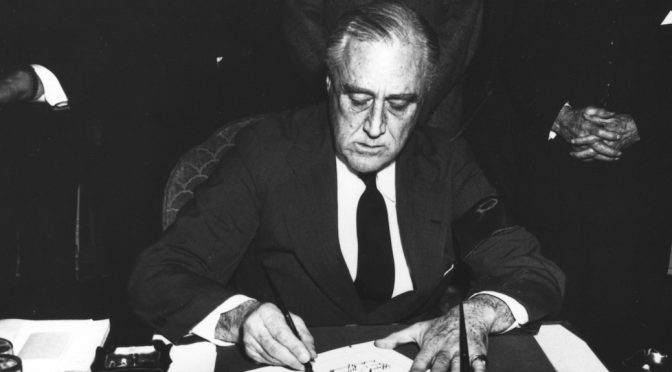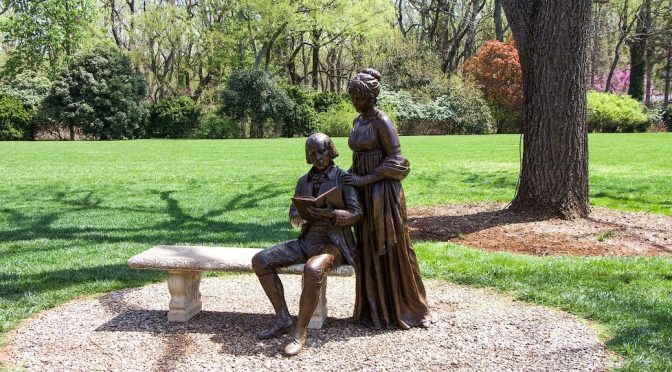Shortly after Nazi Germany invaded Poland in 1939, President Franklin D. Roosevelt issued a proclamation of a “limited” national emergency. This proclamation cited no statutory or inherent authority. Alden Fletcher looks to the historical record to suggest Roosevelt’s proclamation was relying on ambiguous statutes that provided for executive power to declare emergencies or take emergency… Continue reading Roosevelt’s “Limited” National Emergency: Crisis Powers in the Emergency Proclamation and Economic Studies of 1939
Tag: Executive Privilege
Reviving Liberal Constitutionalism With Originalism in Emergency Powers Doctrine
Legal scholars have theorized three models of Article II’s Executive Power clause, otherwise known as the Executive Vesting clause: first the cross-reference theory, which points to specific powers under Article II, such as the appointment power; second, the Royal Residuum theory, which interprets Article II as granting wide-ranging powers possessed by the eighteenth-century British Crown;… Continue reading Reviving Liberal Constitutionalism With Originalism in Emergency Powers Doctrine
The Wasp’s Nest: Intelligence Community Whistleblowing & Source Protection
Meyer and Berenbaum analyze the national security policy challenge in balancing protections for Intelligence Community whistleblowers and the government’s legitimate need for secrecy in order to execute the federal intelligence and counterintelligence mission. It is that need for secrecy that creates the intellectual distance between the sovereign’s requirement for information regarding the performance of the… Continue reading The Wasp’s Nest: Intelligence Community Whistleblowing & Source Protection


